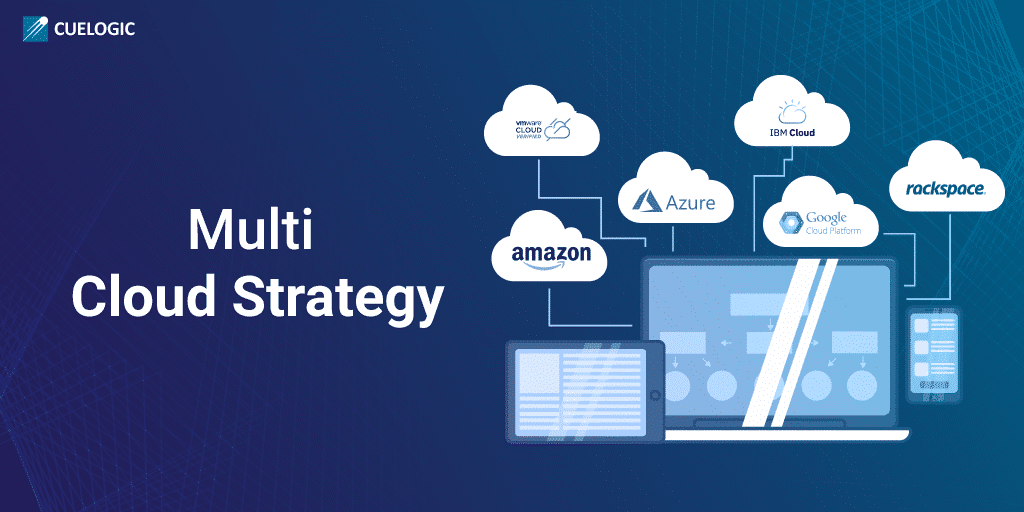In the world of data analytics, multi-cloud strategies are becoming increasingly popular. This approach involves utilizing multiple cloud service providers to manage and analyze data. While this strategy offers several benefits, it also comes with its own set of challenges. For those pursuing a data analytics course in Hyderabad, understanding the pros and cons of multi-cloud strategies is crucial.
Flexibility and Choice
One of the main advantages of a multi-cloud strategy is flexibility. Businesses can choose the most reliable services from different providers, tailoring their cloud environment to their specific needs. This means they are not locked into a single vendor’s offerings. For instance, a company might use one provider for storage and another for machine learning tools. This flexibility allows for more customized solutions.
Risk Mitigation
Using multiple cloud providers can also help mitigate risk. If one provider experiences an outage, the impact on the business can be minimized because other services remain operational. This redundancy ensures that critical data and applications are always available. For aspiring data analysts, understanding risk management is an essential skill. Enrolling in a data analyst course can provide the necessary knowledge to navigate these complexities.
Cost Efficiency
Cost efficiency is another significant benefit. Different providers offer various pricing models, and a multi-cloud approach enables businesses to take advantage of the most cost-effective options. Companies can optimize their spending by choosing the best-priced services for each function. This can cause substantial savings, especially for large-scale data analytics operations.
Performance Optimization
A multi-cloud strategy can also enhance performance. By distributing workloads across different clouds, businesses can avoid the limitations of any single provider. This distribution ensures that data processing and analytics tasks are handled more efficiently. Improved performance can lead to faster insights and better decision-making, which is vital for any data-driven organization.
Complexity in Management
However, a multi-cloud approach also introduces complexity. Managing multiple cloud environments requires significant expertise and resources. Businesses need to ensure that their teams are well-versed in the intricacies of each provider’s platform. This complexity can lead to increased operational overhead. To address this, many professionals are turning to specialized training, such as a data analytics course in Hyderabad, to gain the skills needed for effective multi-cloud management.
Security Challenges
Security is another critical concern. Each cloud provider has its various security protocols and standards, which can vary widely. Ensuring consistent security across multiple platforms can be challenging. Businesses must implement robust security measures and continuously monitor their environments. Understanding these challenges is crucial for data analysts, as security breaches can have severe consequences.
Data Integration Issues
Data integration can also be problematic in a multi-cloud environment. Different providers may use different formats and standards, making it difficult to integrate data seamlessly. This can lead to numerous data silos and inconsistencies, hindering effective analysis. Businesses must invest in various tools and strategies to ensure smooth data integration across all platforms.
Vendor Management
Managing relationships with several vendors can be time-consuming and complex. Businesses need to negotiate contracts, manage billing, and resolve issues with each provider. This requires dedicated resources and expertise. Effective vendor management is crucial for maximizing the benefits of a multi-cloud strategy.
Innovation and Agility
Despite these challenges, a multi-cloud approach can drive innovation and agility. By leveraging the latest technologies from different providers, businesses can stay at the very forefront of industry advancements. This agility allows for quicker adaptation to changing market conditions and emerging trends. For those looking to excel in data analytics, understanding the innovative potential of multi-cloud strategies is essential.
Conclusion
In summary, multi-cloud strategies offer significant advantages for data analytics, including flexibility, risk mitigation, cost efficiency, and performance optimization. However, they also present challenges such as complexity, security issues, data integration problems, and vendor management. For professionals aiming to succeed in this field, gaining expertise through a data analyst course can be invaluable. By understanding both the pros and cons, various businesses can make informed decisions about implementing multi-cloud strategies, ensuring they leverage the full potential of their data analytics capabilities.
ExcelR – Data Science, Data Analytics and Business Analyst Course Training in Hyderabad
Address: Cyber Towers, PHASE-2, 5th Floor, Quadrant-2, HITEC City, Hyderabad, Telangana 500081
Phone: 096321 56744



